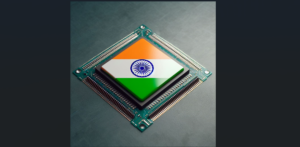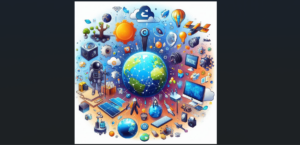In August last year, the Indian Supreme Court announced that the Right to Privacy is a fundamental right and is intrinsic to right to life. This declaration was well received around the world with many groups supporting the move. However, according to a recent study by McAfee tracking online behaviour of people and how it affected their real-world relationships with friends and partners, Indians are more open than you might expect given last year’s decision.
In fact, 84% of Indians like sharing personal passwords with their partners. The data demonstrates that the majority of couples are incredibly open with password details for sites and services which includes online shopping (60%), social media (45%) and streaming services (42%) to name a few.
However, India’s love for technology and openness isn’t without its downside. According to the same study, 45% have spied on their significant other’s social media account or connected devices, and 81% say they have had an argument regarding a friend, partner or family’s addictive use of their phone.
This openness coupled with a love for technology can sometimes present itself an unforeseen threat. Cyber threats such as Malware might ring alarm bells for the majority of social media users, however, there are often unrecognized threats such as social engineering which can result in the compromising of important information. Essentially, social engineering is the use of deception to manipulate individuals into divulging confidential or personal information that may be used for fraudulent purposes.
“In today’s connected lifestyle, daily activities and interactions of consumers are powered by technology and apps. This insatiable dependency for technology can come at the price of sharing our personal information with the unknown. We need to be aware about the reality of oversharing and take corrective measures.” said Venkat Krishnapur, Vice President of Engineering and Managing Director, McAfee.
According to a recent McAfee blog post, holidays such as Valentine’s day are perfect for social engineering attacks. Due to the nature of Valentine’s day, many individuals post intimate photos of their loved ones, experiences, and activities, making it one of the most socially shareable days of the year. As a result, attackers have access to a deeper wealth of knowledge and information, allowing them to refine their attacks or data gathering activity. So perhaps it may pay to keep private photos just between the two of you.












